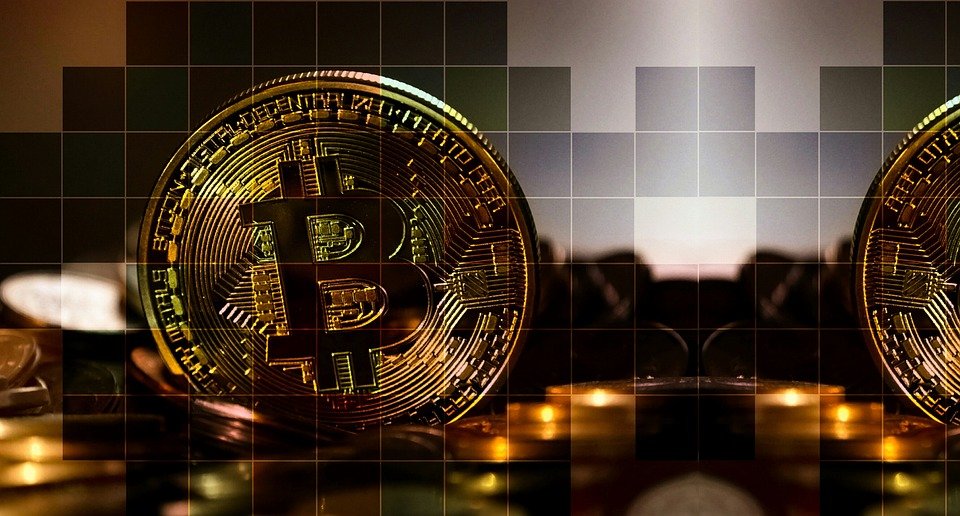[ad_1]
Decentralized Exchanges: The Future of Trading?
What are Decentralized Exchanges?
Decentralized exchanges (DEX) are platforms that facilitate the exchange of cryptocurrencies without the need for a centralized authority or intermediary. DEXs work in a decentralized manner, meaning they operate on a peer-to-peer network, allowing users to directly trade with one another.
Why are Decentralized Exchanges becoming popular?
Decentralized exchanges are becoming popular because they eliminate many of the problems associated with centralized exchanges. Centralized exchanges are vulnerable to hacks, fraud, and regulations, all of which can impact both traders and the exchange itself. DEXs, on the other hand, are almost impossible to hack, as they operate on a blockchain network where every transaction is verified and validated.
Another reason for the popularity of DEXs is that they provide a greater level of privacy and security to traders. Unlike centralized exchanges, DEXs don’t require KYC or identity verification, allowing users to trade anonymously.
How do Decentralized Exchanges work?
Decentralized exchanges operate on blockchain technology, which is a decentralized digital ledger that records transactions. Each party involved in a trade sends a digital signature, confirming the transaction, to the blockchain. Once the transaction is verified, the assets are transferred from one wallet to another.
What are the benefits of Decentralized Exchanges?
One of the biggest benefits of DEXs is that they provide greater anonymity and privacy to traders. Since users don’t need to provide any personal information or adhere to KYC regulations, their identities remain anonymous. Additionally, DEXs are much harder to hack than centralized exchanges, as each transaction is verified and validated by multiple nodes on the blockchain network.
Another benefit of DEXs is that they are more accessible to traders across the globe. Centralized exchanges often have limitations when it comes to the currencies and pairs that are available for trading. DEXs, however, give traders access to a wider variety of cryptocurrencies and allow users to trade directly with one another, regardless of their location.
Final Thoughts
Decentralized exchanges are gaining popularity as traders look for a more private and secure way to trade cryptocurrencies. While DEXs are still in their early stages, they have the potential to revolutionize the way we trade assets. However, as with any new technology, there are still challenges to be addressed, such as improving liquidity and user experience. Nonetheless, DEXs are a promising development for the cryptocurrency industry and may just be the future of trading.
Decentralized exchanges (DEX) facilitate the peer-to-peer exchange of cryptocurrencies without a centralized intermediary, providing more privacy and security to traders, eliminating issues with centralized exchanges, and allowing traders across the globe access to a wider variety of cryptocurrencies. While DEXs still have challenges to address, they have the potential to revolutionize the way we trade assets and may be the future of trading.
#Decentralized #Exchanges #Future #Trading
[ad_2]







